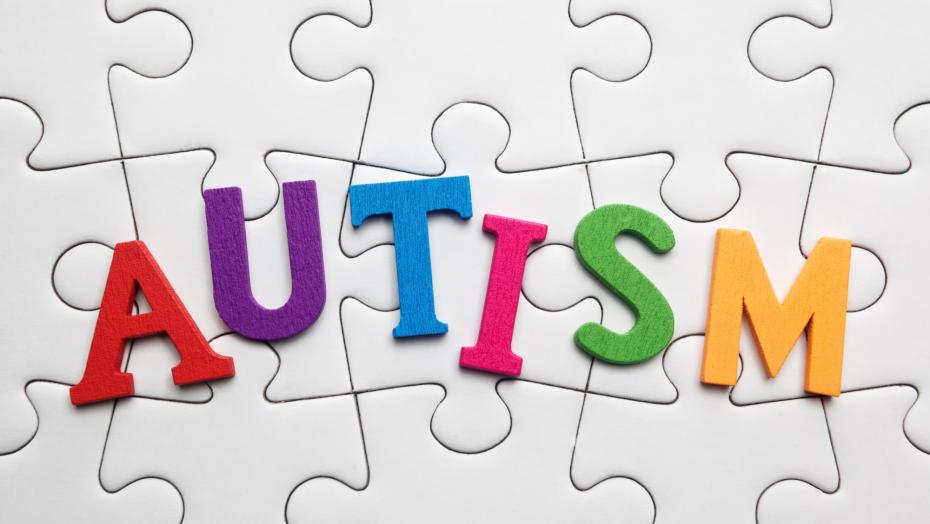In conversations about neurodiversity, autism is one of the most recognized and researched conditions. It is typically characterized by challenges with social communication, sensory processing, and a preference for routines. But what happens when someone seems to sit on the other end of this spectrum—excessively social, overly focused on other people’s emotions, and constantly seeking connection?
Some experts and researchers have used the phrase “the opposite of autism” to loosely describe a rare genetic condition called Williams Syndrome. While not a perfect mirror image, Williams Syndrome is known for its unique behavioral traits, particularly a strikingly high level of sociability and empathy.
What is Williams Syndrome?
Williams Syndrome is a rare genetic disorder caused by the deletion of about 26 genes from chromosome 7. It occurs in roughly 1 in 7,500 to 10,000 births worldwide. Unlike autism, which exists on a broad spectrum and varies widely from person to person, Williams Syndrome tends to present with a more recognizable cluster of traits.
Traits That Make It Seem “Opposite” to Autism
-
Excessive Friendliness
Children and adults with Williams Syndrome often display an unusually strong drive to interact with others. They can be outgoing and overly trusting, even with strangers. While many autistic individuals may find socializing draining or confusing, those with Williams Syndrome often crave it. -
Heightened Empathy
People with Williams Syndrome are often described as highly empathetic. They may quickly pick up on others’ emotions and respond with strong compassion. -
Strong Verbal Abilities (Relative to Other Skills)
While many autistic individuals struggle with speech and communication, people with Williams Syndrome often have rich vocabularies and expressive speech. However, these strengths may mask difficulties in understanding deeper meaning or context. -
Love of Music
A well-documented trait of Williams Syndrome is a strong affinity for music. Many individuals show advanced rhythm, pitch recognition, and musical memory. Music often plays a therapeutic role in their lives.
Challenges of Williams Syndrome
Although its social traits may look like the “opposite” of autism, Williams Syndrome comes with its own serious challenges:
-
Cognitive Delays: Many people have learning disabilities, difficulty with spatial awareness, and problems with abstract reasoning.
-
Health Concerns: Common issues include cardiovascular problems (such as narrowing of the aorta), low muscle tone, and dental abnormalities.
-
Vulnerability: The extreme friendliness that makes them seem charming can also put them at risk, since they may not recognize danger or manipulation.
Why “Opposite of Autism” Isn’t Entirely Accurate
It’s important to note that describing Williams Syndrome as the “opposite of autism” is more of a simplification than a scientific fact. Autism itself is incredibly diverse, and many autistic people show empathy, enjoy socializing, or have musical talents. Similarly, not everyone with Williams Syndrome is uniformly social or outgoing.
Instead, it may be more useful to think of autism and Williams Syndrome as different expressions of how the brain processes social interaction—with autism sometimes leaning toward withdrawal and difficulty in decoding social signals, while Williams Syndrome leans toward hyper-sociability and heightened emotional responsiveness.
The Bigger Picture: Neurodiversity
Both autism and Williams Syndrome remind us of the incredible range of human brain wiring. Each comes with its own strengths and challenges. While the phrase “opposite of autism” grabs attention, the truth is that these conditions are not enemies on a spectrum but different ways of being human.
Celebrating neurodiversity means recognizing the unique value and dignity of each person, whether autistic, living with Williams Syndrome, or anywhere in between. Both groups challenge society to rethink what it means to connect, communicate, and thrive.
Final Thoughts
The idea of an “opposite of autism” sparks curiosity, but the real story lies in understanding Williams Syndrome for what it is: a rare genetic condition that creates an extraordinary mix of sociability, empathy, and musicality—paired with genuine medical and cognitive challenges.
By learning about it, we not only deepen our knowledge of the human brain but also take one more step toward building an inclusive world where every kind of mind is valued.
More than news- Its Icegate

